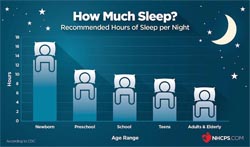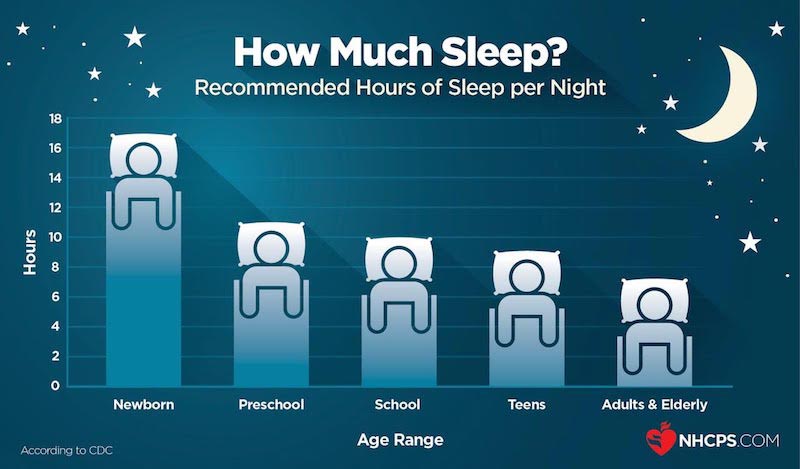INDIVIDUALS OVER THE AGE OF 45 that slept fewer than six hours per night were about twice as likely to have a stroke or heart attack as people who slept six to eight hours per night. (according to a study reported by the Sleep Foundation)
Why is sleep important to your health? Most people could come up with a decent size list of reasons sleep is important. Sleep makes you less depressed, recovers your body and improves immune dysfunction.
How can sleep directly be associated with heart health? Medical news shows that researchers aren’t really sure, but for the most part they assume it’s because too little sleep can cause disturbances among other health conditions and living processes such as blood pressure and inflammation.
- Not sleeping enough disturbs cholesterol
The duration of your sleep actually affects lipid levels, causing them to be higher than they should, due to either a lack of sleep or simply too much sleep. According to About Health, studies have shown that too little or too much sleep, even, affects HDL, LDL and/or triglyceride levels.
Reduced sleep could modify hormones like leptin and ghrelin which increase appetite, resulting in an increase in food intake when unnecessary. In addition, a lack of sleep could increase cortisol, causing swelling and contributing to heart disease.
- Sleeping inadequately increases the risk of obesity, diabetes and a high BMI
A lack of sleep inevitably leads to tiredness and low energy. Without hesitation, most people automatically eat unhealthy junk foods such as potato chips or sugary candies, contributing to weight gain. In addition to late-night binging on comfort foods, those who don’t sleep don’t tend to exercise as often. The double whammy increases your risk of weight gain and diabetes and ultimately results in further sleep loss.
- Poor sleeping habits increases risk for hypertension
When we don’t sleep, our bodies produce more stress and the two major stress systems, HPA and Sympathomedullary systems, are activated. As a result, our bodies release excess cortisol and adrenaline. Over time, these excess stressors can lead to sustained hypertension.
Study finds that sleep quality and duration can contribute to heart disease among otherwise healthy men and women
The International Liaison Committee on Resuscitation (ILCOR) recently published a study to see if short and long sleep duration was associated with an increased risk of subclinical cardiovascular disease. Researchers specifically tested how sleep duration affects coronary artery calcification (CAC) and brachial-ankle pulse wave velocity (PWV) in both young and middle-aged adults. The study found that extreme sleep duration and poor sleep quality were definitely associated with an increased risk of CAC and a higher PWV. All in all, the study established the importance of adequate sleep to support cardiovascular health.









Great points in this article. We should be aware on how could it affect your heart.